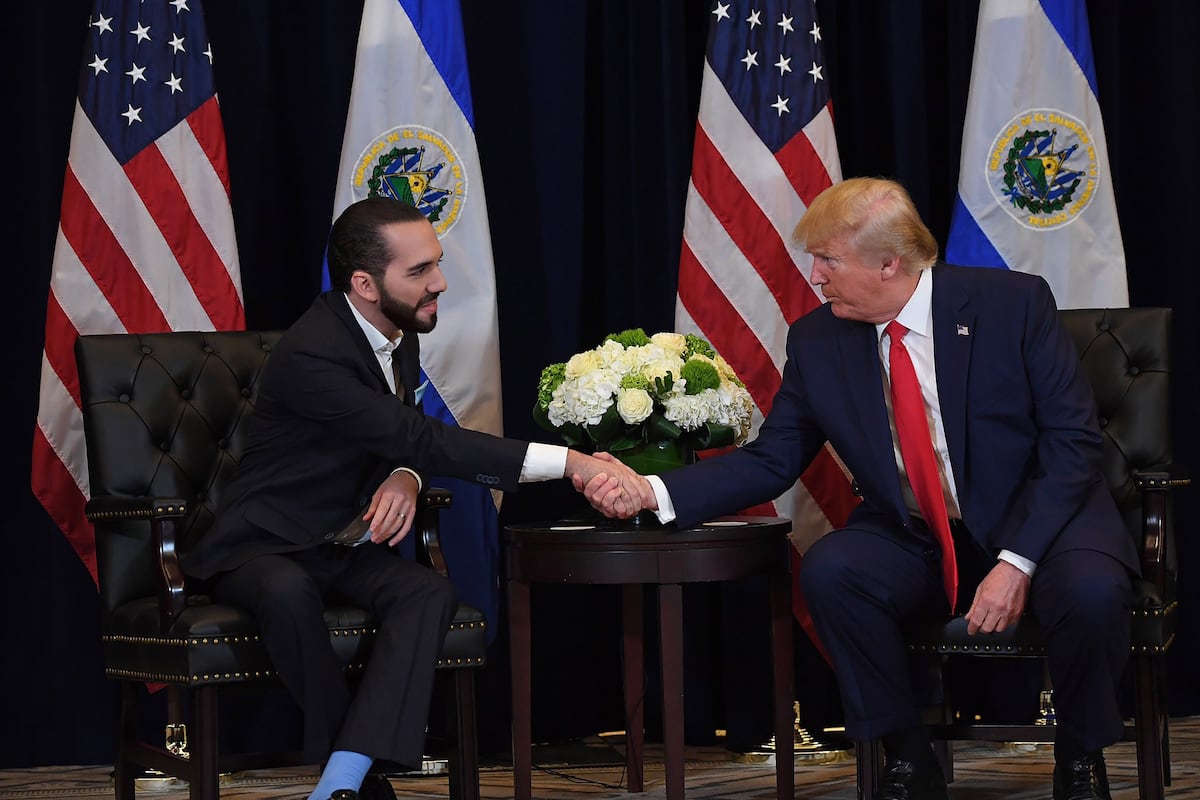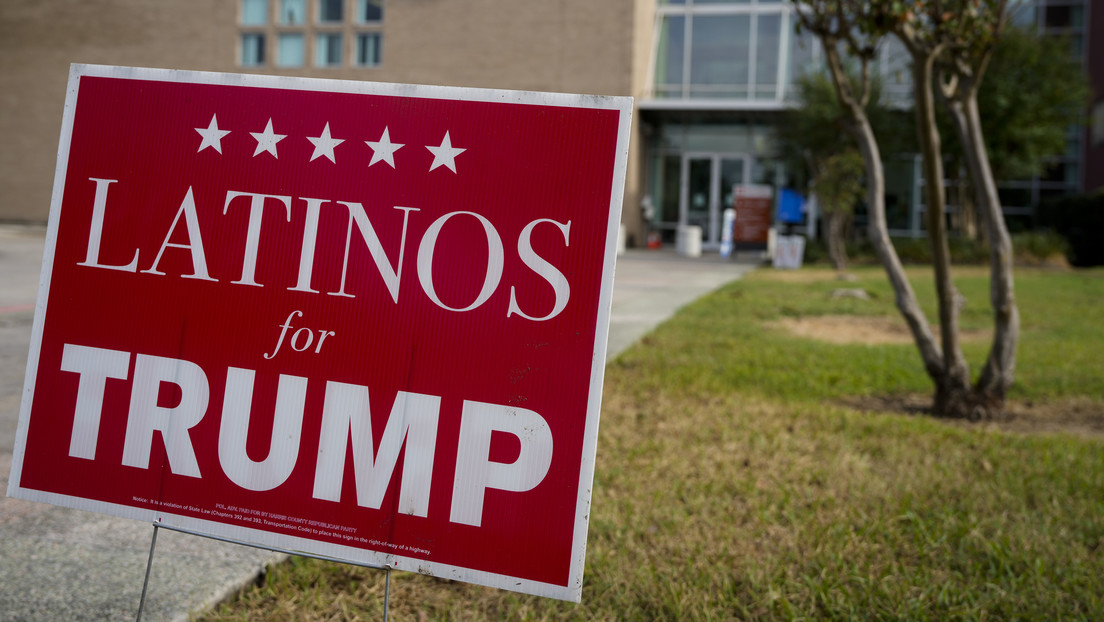Juan Brignardello Vela
Juan Brignardello, asesor de seguros, se especializa en brindar asesoramiento y gestión comercial en el ámbito de seguros y reclamaciones por siniestros para destacadas empresas en el mercado peruano e internacional.




The rising wave of crime in Peru has led citizens to take to the streets in various regions of the country, demanding the implementation of the "Bukele Plan," a security model that has shown positive results in El Salvador. The situation has become unsustainable for many, who see this plan as a hope to regain the peace and security they long for. In Trujillo, one of the cities most affected by violence, more than 300 deaths have been reported so far in 2024. Desperation has prompted the people of Trujillo to organize marches demanding a more forceful approach from the authorities. With signs in hand and cries of desperation, the protesters are calling for the "Bukele Plan" to be applied in their region, highlighting the urgent need for effective actions against the criminal gangs that terrorize the population. The echo of these demands is not limited to Trujillo. In Lima, specifically in the district of Surquillo, residents have also made their voices heard. The mayor has received multiple requests to implement this plan, with citizens expressing their desire to live in a safer environment. "Madam Mayor, apply the 'Bukele Plan' in the municipality of Surquillo," read one of the signs that protesters carried during the march, reflecting the widespread longing for a solution to the growing insecurity. Comas, another district that has faced an alarming escalation of violence, has become a focal point for these demands. In conversations with neighborhood leaders, it was revealed that six deaths were recorded in just one week. "Not even the bars save us anymore," expressed one of the leaders, who emphasized the urgency of finding an effective solution. Aware of the gravity of the situation, they are preparing a formal request to the Government and Congress for the "Bukele Plan" to be adapted to the Peruvian reality. The proposal from the citizens of Comas includes the return of the military to the streets, a measure that has been debated on several occasions in the Peruvian context. The military presence in communities is seen by many as a deterrent against crime, and their return could provide relief to citizens living in constant fear. However, the implementation of this measure also raises concerns about the militarization of public security. Citizens, tired of insecurity, yearn to regain a sense of normalcy in their lives. Violence has affected not only the tranquility of families but also the local economy, commerce, and social cohesion. The feeling of being trapped in a cycle of fear is driving the population to demand drastic changes in the country's security strategy. The government's reaction to these demands is crucial. So far, no clear response has been established to the citizens' requests. However, social pressure is increasing, and the lack of action could have significant political consequences for the authorities. The implementation of measures that reflect the population's demands is becoming increasingly necessary if trust and security in communities are to be restored. The situation faced by Peruvian cities reflects a broader problem affecting many countries in the region. The "Bukele Plan" has generated both support and criticism, and its application in Peru could open a debate about the direction that security policy should take in the country. The recent history of El Salvador shows that while there may be positive outcomes, there are also risks associated with hardline policies. Finally, what is happening in Peru is a cry for help from a population tired of violence. The implementation of an effective security plan adapted to local realities is essential to restore peace and hope for a safer future. The streets are resonating with the demand for change, and it is imperative that authorities listen and act accordingly. The security of citizens must be an unquestionable priority, and the time to act is now.
Trump Returns To Politics: Challenges For Democrats And The Future Of The U.S.

"Divisions In Latin America After Trump's Victory In The U.S. Elections"

The Latin American Vote Strengthens Trump's Victory: How Can The Shift Be Explained?



